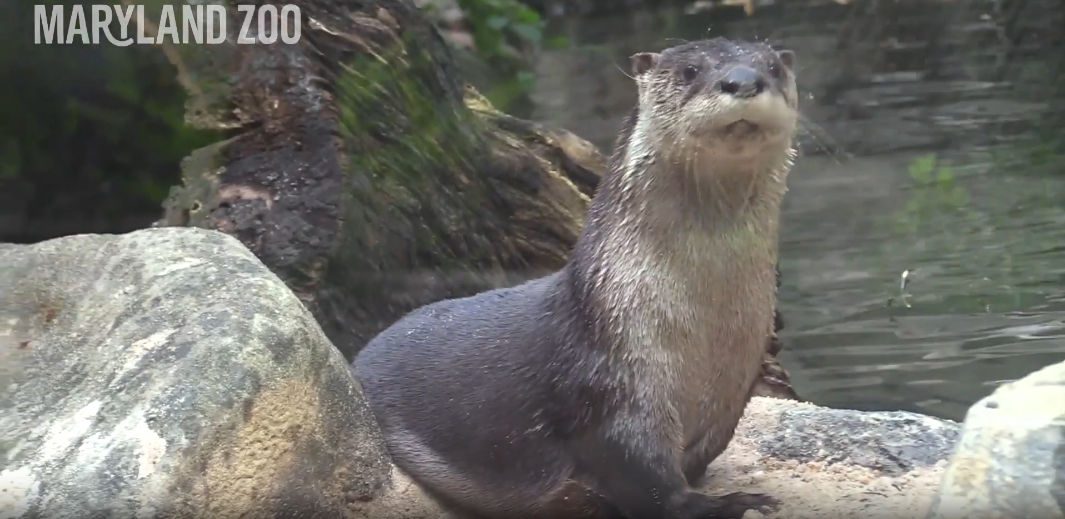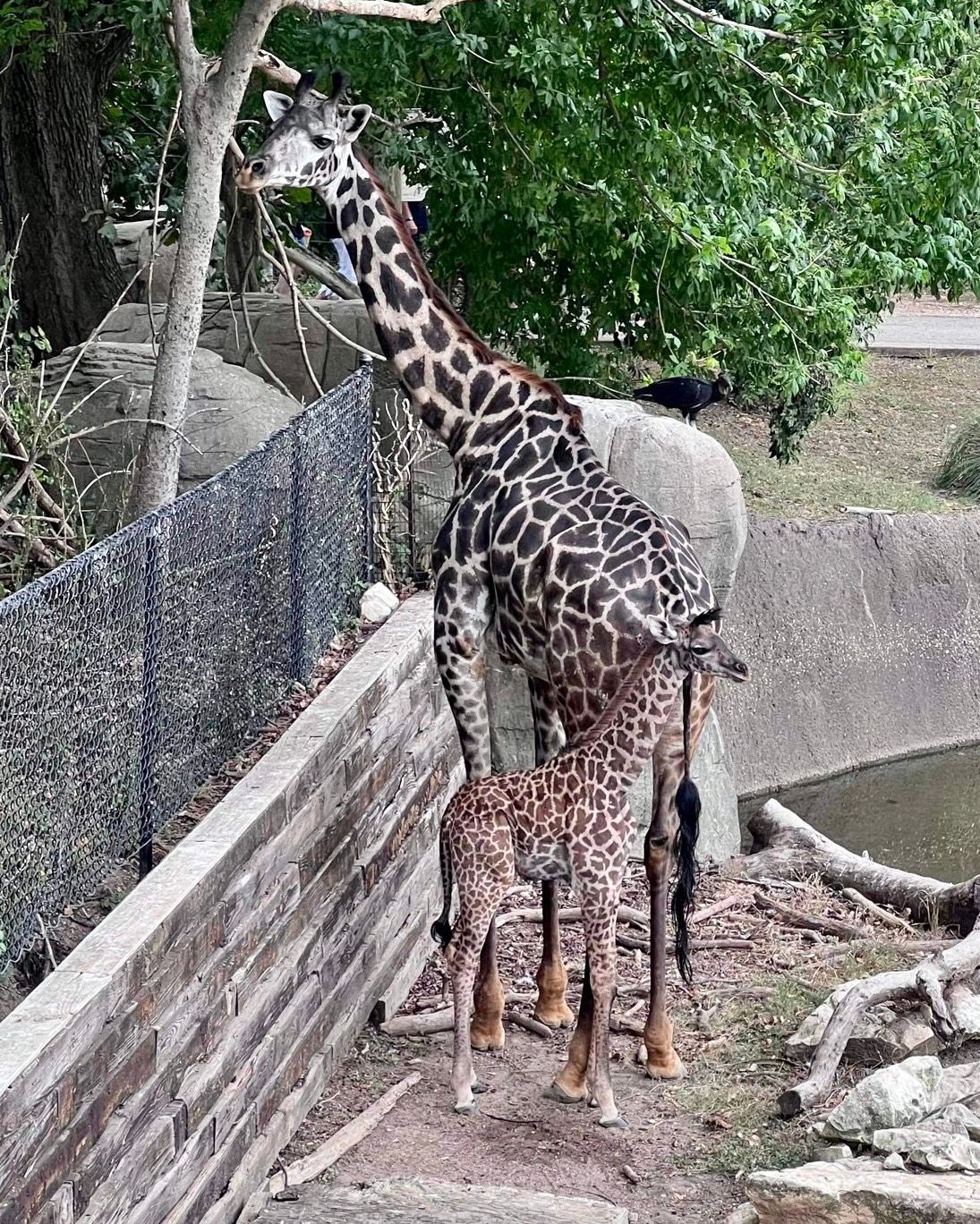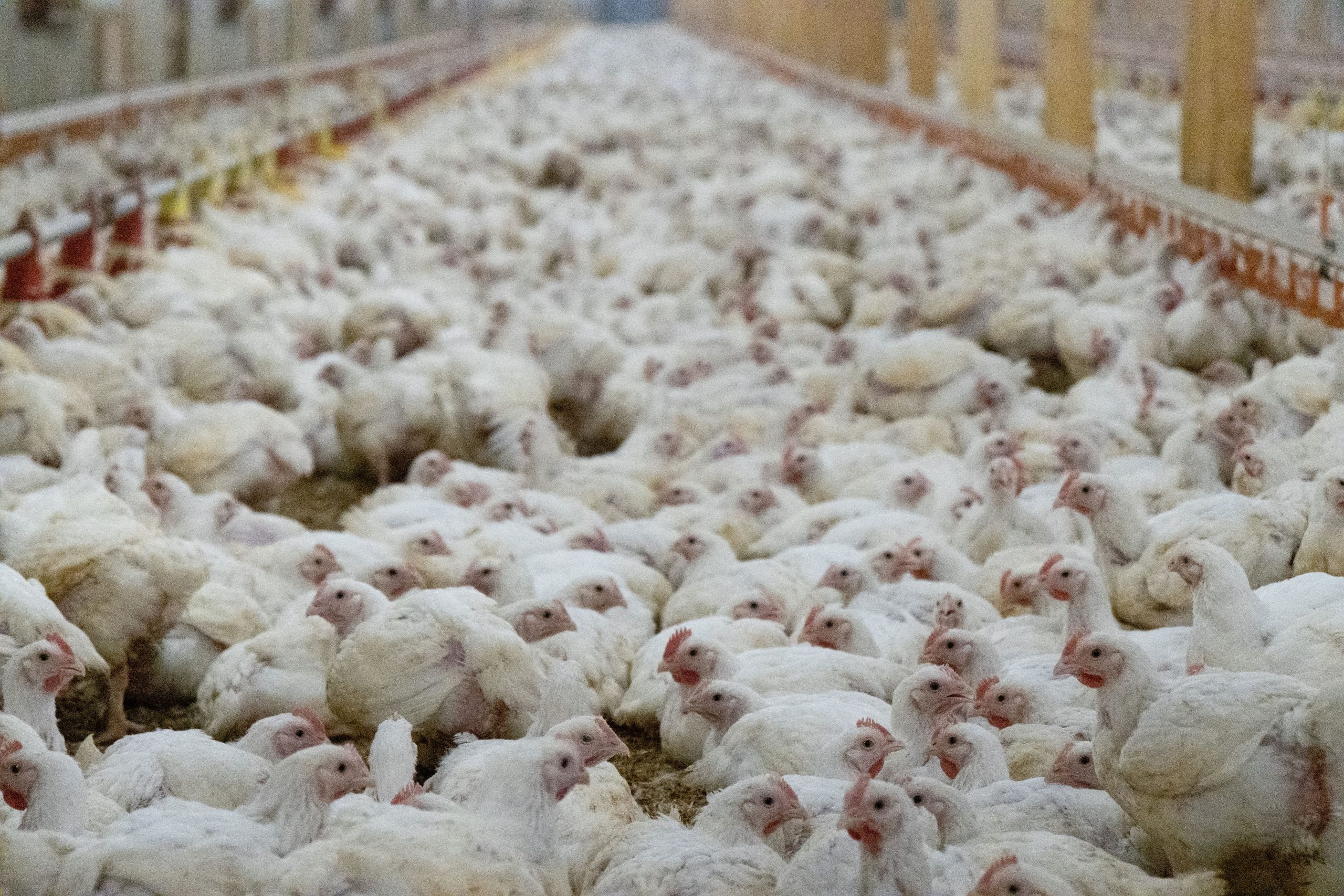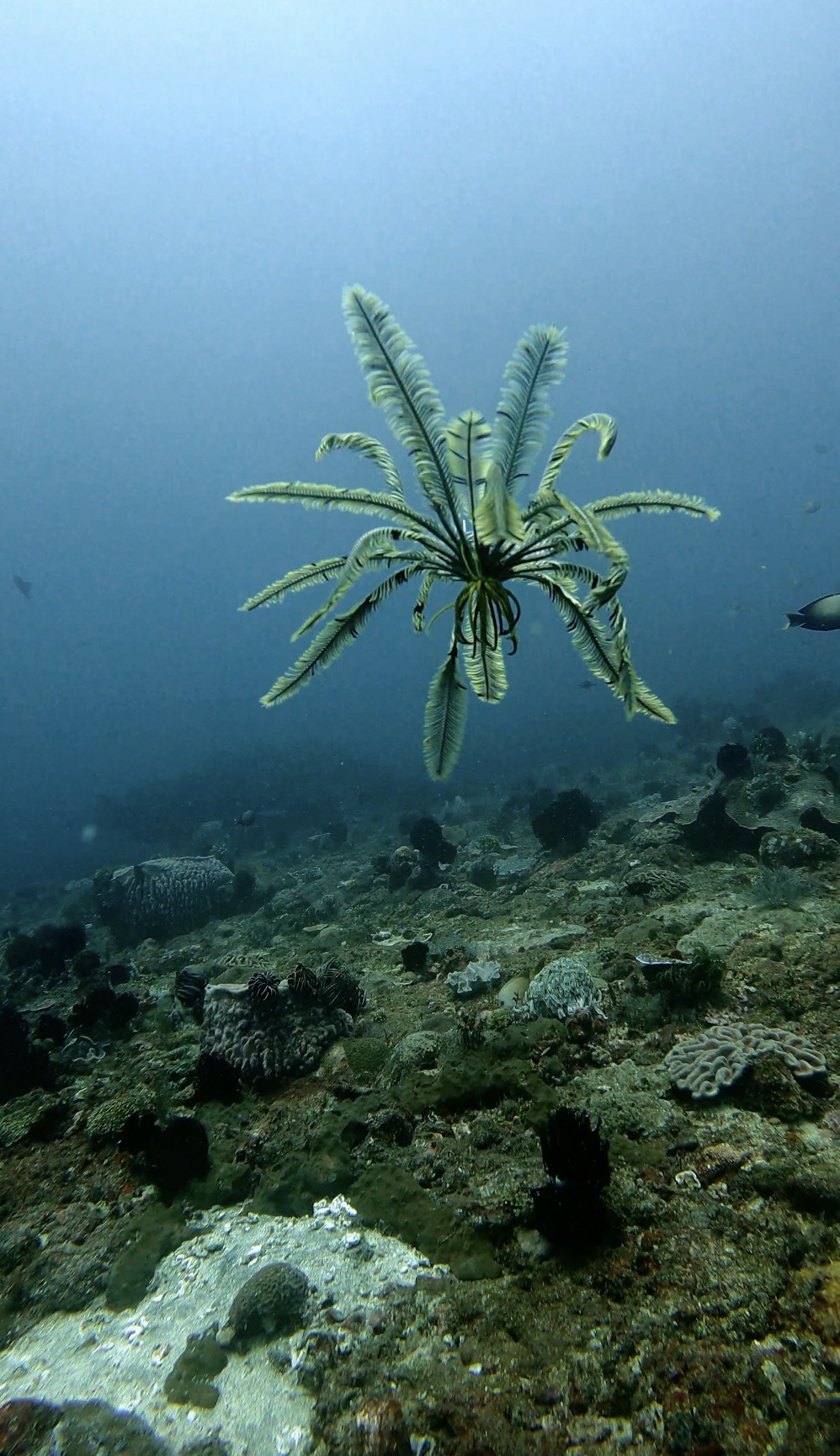A heartwarming tale unfolds as a river otter pup, rescued in May, continues to captivate fans with her progress under the loving care of the Maryland Zoo in Baltimore. Her journey towards milestones has been a delight for zookeepers, who take this opportunity to remind the public that river otters do not make suitable pets.
The orphaned pup was discovered by park rangers on the shores of Chesapeake Bay in Elk Neck State Park when she was around 40 days old and weighed only 3.5 pounds. Immediately, the zoo’s hospital took her in, providing around-the-clock care, feeding, enrichment, and daily veterinary checks.
Her journey began with formula feeding, and as she grew, she was weaned with fish slurry and small pieces of herring. At the age of approximately two months, she was introduced to a small pool, and as her swimming skills improved, the water level was raised accordingly.
To mimic the companionship she would have experienced in the wild, zookeepers provided the pup with plush otters to wrestle with, offering the stimulation of playing with siblings.
As of July 28, the pup has graduated to a larger space with access to an in-ground pool at all times. Her progress has been remarkable, swimming on her back, foraging for food underwater, and playfully interacting with water enrichment.
While the zoo shares regular updates, it is essential to remember that despite the adorable appearance, river otters are wild animals and not suitable as pets. The zoo emphasizes that having a river otter as a pet would be impractical, as they are hyperactive and can become aggressive as they grow, reflecting their predatory instincts.
Given the pup’s inability to be released back into the wild, the zoo is committed to her welfare. She will remain at the zoo hospital until a suitable placement is arranged through the Association of Zoos and Aquariums’ North American river otter Species Survival Plan, ensuring her continued well-being and conservation efforts.
This heartening story underscores the significance of wildlife conservation and the importance of leaving wild animals in their natural habitats, where they can thrive and contribute to the balance of ecosystems.





